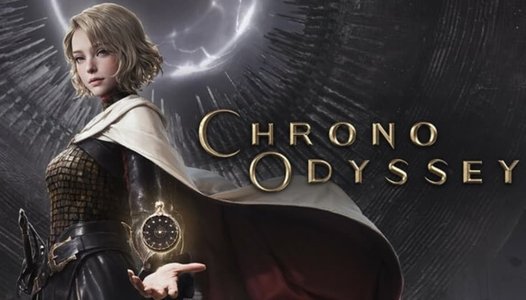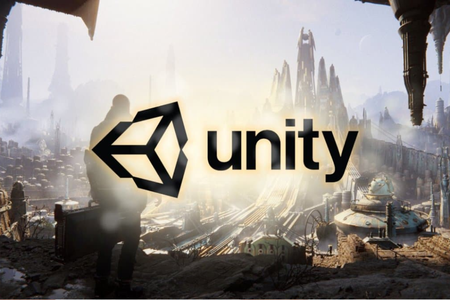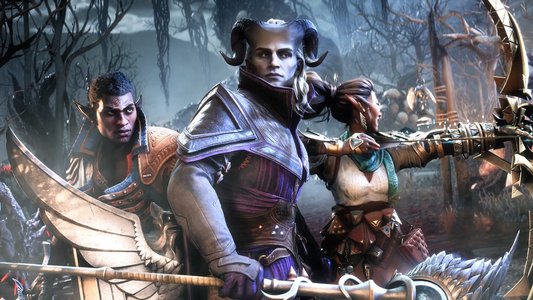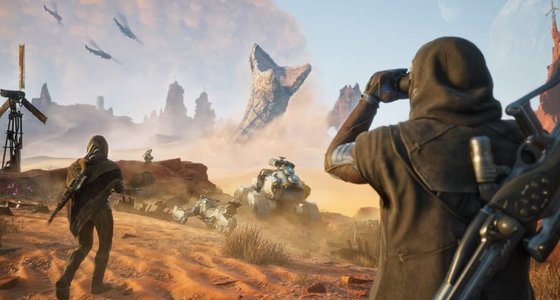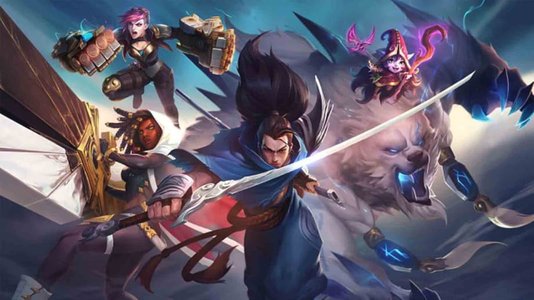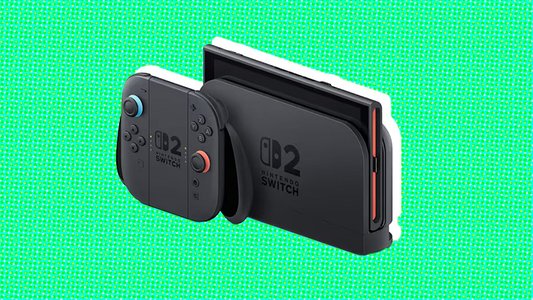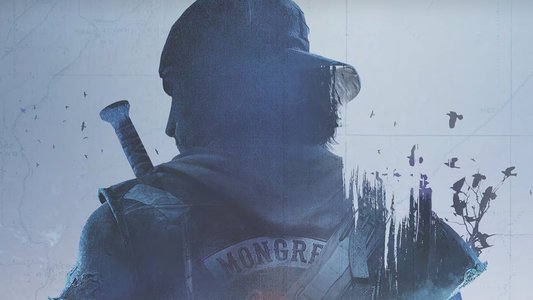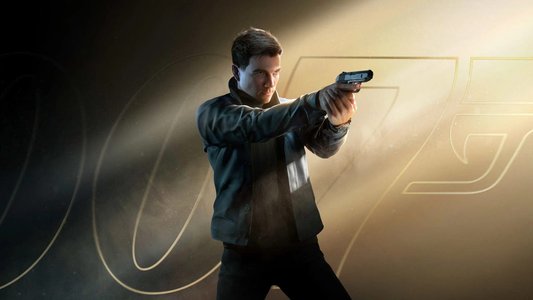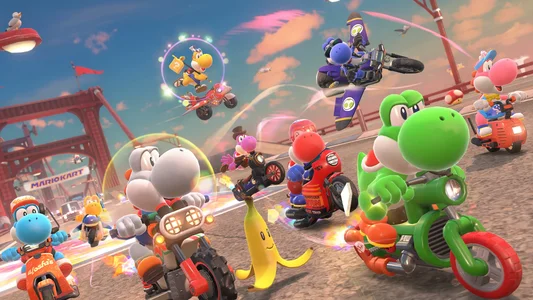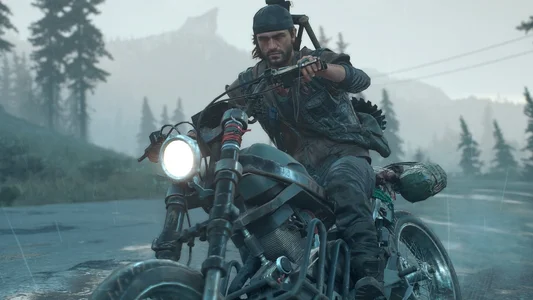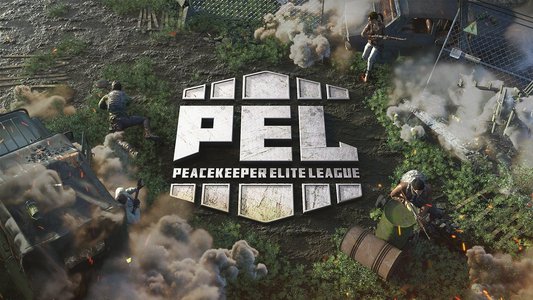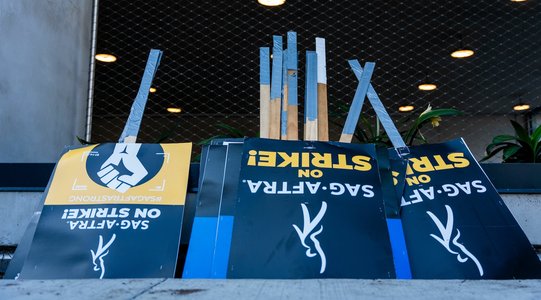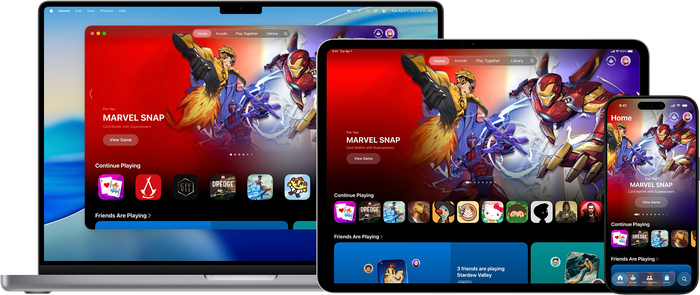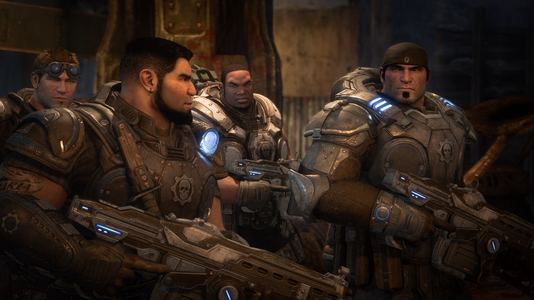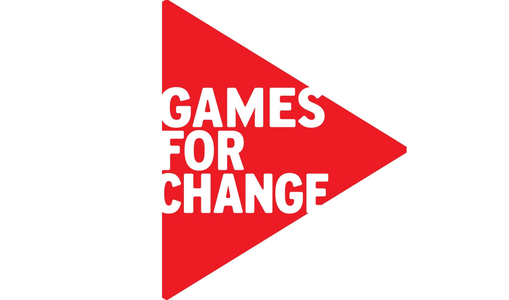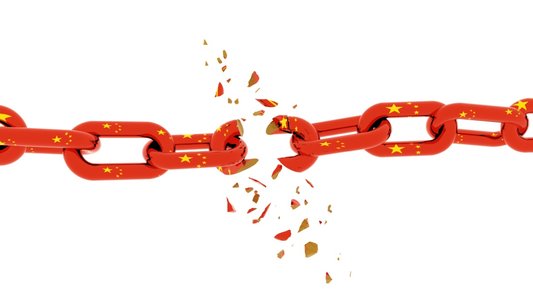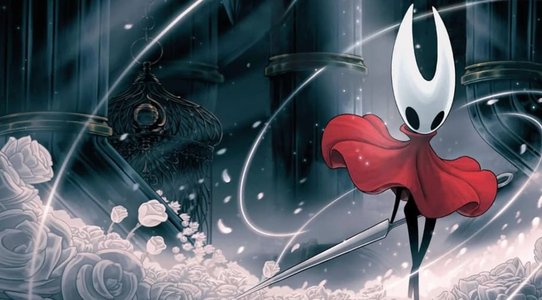Swery’s new game The Missing is about a woman breaking herself to achieve her goals. Right now, it’s hard to look at it and not think about crunch.
Announced earlier this year, The Missing: J.J. Macfield and the Island of Memories is a side-scrolling adventure in which protagonist J.J. searches for a missing friend, solving puzzles with her supernatural ability to heal from (nearly) any injury.
Launched today across consoles and PC, this is the first game developed in-house at Hidetaka “Swery” Suehiro’s studio White Owls, which opened in Osaka back in 2016 and is now 12 people strong. White Owls is relying on publisher Arc System Works for support with tasks like QA and marketing, but Swery says the game itself is something he and his team have been focused on since they set up shop.
“We've been sort of working on it ever since,” Swery said during a recent chat with Gamasutra. “This game was made all in-house at White Owls, and so a lot of my vision, my ideas, have materialized in this game very accurately.”
Working on two games at once
The Missing is reminiscent of Playdead’s atmospheric puzzle-platformers Limbo and Inside; protagonist J.J. strolls from left to right across a seamless and surreal island landscape, traversing obstacles by breaking her body (snapping a hand off on an obstacle and throwing it to knock a key item out of a tree, for example) and regenerating it back together.

It's anodyne cruelty. J.J. is repeatedly beaten and broken, crying in pain as she loses limbs or snaps her spine, but there's no blood (just sprays of white) and she always heals herself back to normal at the press of a button. Swery has described it publicly as a sort of love letter to the 2D platformers and puzzlers he grew up playing, games like Out of this World and the original Prince of Persia.
"The influence of Inside and Limbo was really, you know, them bringing this genre back to life. And I was able to then jump on that."
“By the time I got into game development, those genres had already died down, at least in Japan,” said Swery. “But in recent years, with Limbo and Inside coming out and garnering a lot of popularity, it seemed like a good opportunity for me to make a side-scrolling game. The influence of Inside and Limbo was really, you know, them bringing this genre back to life. And I was able to then jump on that.”
It’s a sharp departure from The Good Life, the debt repayment RPG that Swery has also been promoting and working on. Unlike The Missing, The Good Life was narrowly crowdfunded and is chiefly being developed by Grounding (a Japanese studio only a bit larger than White Owls) with Swery’s input on creative matters.
This seems like a decent hustle, if you can swing it: two projects in the works means potentially Too Much work, but it’s also two chances to ship a successful game. Swery claims he’s intentionally taking two different tacks with these projects, to up his chances that at least one lands and finds lasting purchase.
“I'm doing this and The Good Life, and I have a bit of a strategy with this,” Swery said. “The Missing is something that a triple-A publisher would never touch, right; it's got very extreme themes. But then to have Swery do that is like ‘oh yeah, this is what Swery does.’ So I think [my name] does help it a little bit.”

“The Good Life, we took a different approach. We started out with crowdfunding, and we wanted that title to be familiar with people, from starting development on through release,” he continued. “It's drastically different from The Missing, and while I think they're both indie, they're two different approaches that are really thought through in trying to give both games longevity.”
Bringing Arc on as a publishing partner for The Missing is something Swery is especially keen to talk about, as he says the game wasn’t an easy pitch -- and Arc’s decision to get involved makes him much more confident about its sales opportunities in Asia.
“At first, when I showed it to the people at Arc, they were very taken aback. ‘Oh no, we can't do anything like this.’ But after explaining to them the essential theme and concept and idea behind this game, they finally gave me the opportunity to go ahead with the production and publishing,” said Swery. “Arc has a very big fanbase in Asia, their domestic market. So I feel like we cover that, but at the same time I feel like my fanbase is very international, so I think we're able to hit both sides.”
This is important because Swery is keen on the value of a good publisher nowadays, especially to indies who are trying to sell games without a big existing fanbase.
“I think right now it's really important to establish your identity, and have something that's very unique. And that's very very difficult to do, in the face of a lot of triple-A titles and triple-A companies going into the indie market as well,” he said. “So I think it's very important, and I would recommend up-and-coming developers partner with a publisher, if they can, to really help them get up there.”
Combating crunch on a small indie team
It all sounds like a lot of long hours, which is hard to stop thinking about when you’re demoing a game about a woman who can only succeed by hurting herself.
Crunch is a perennial problem in the industry, and the recent spate of layoffs and studio closures is especially insulting to devs already accustomed to overworking themselves in pursuit of goals like milestones and ship dates. Swery says he's no stranger to it, though he does claim to try and minimize it at White Owls.
"I think the crunch that you brought up is a pretty big problem in Japan as well, it's very common. But at White Owls we try to sort of deviate from that sort of Japanese tradition, or the Japanese tendency to crunch," said Swery. "In my company I let all my team members work on their own schedule, within their own time, and really be flexible with the work schedule. And I also let them remote work if they need to. That's something I do to ensure people stay healthy, and that they're not overworking themselves."

Swery stops short of saying The Missing is "about" crunch, instead suggesting it's designed to help players empathize with J.J. by making the metaphorical literal: hurt yourself to achieve something, heal, repeat.
"I wanted this process of hurting yourself and recovery, that cycle, to be this journey to the next stage," said Swery. "I think that in life, wherever you are, there's going to be some pain and suffering that you can't avoid, at times. And you really have to get through that pain and suffering in order to move on in life."
No tags.







